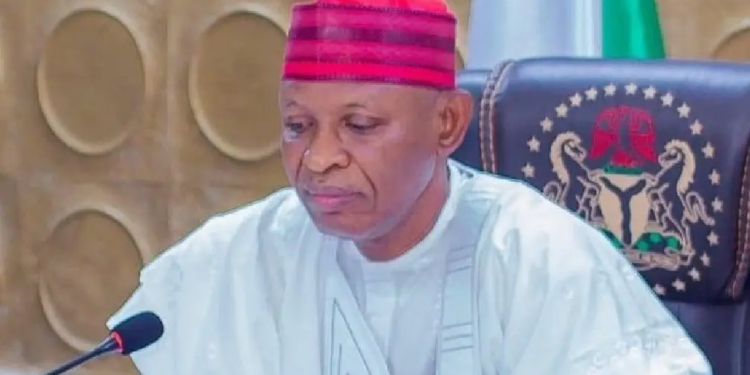Education stakeholders in Kano State have urged the state government to be gender-responsive in its education budget to close gender disparity and enhance girls’ education in the state.
This is even as they said, committing five percent of the total education budget to girl-child education will boost girls’ access to education in the state.
The call was made during a one-day sensitisation and dissemination of findings on the gender-responsive education budgeting baseline assessment in Kano State, a programme organised by the Bridge Connect Africa Initiative(BCAI) under the Bridging Access to Girls Education (BAGE) project supported by the Malala Fund.
Speaking during the event, lead consultant Mohammed Bello highlighted that, at the moment, there isn’t any system framework that guides gender responsiveness in education budgeting in the state.
He explained that the assessment undertaken by the African Centre for Innovative Research and Development for BCAI under the BAGE project found that the gender disparity gap between men and women stands at 0.8 and 0.9.
He noted that a more recent annual school census report shows the disparity in favour of the boys, a gap that must be closed to ensure equity in educational access for the girl child.
However, Bello called for establishing a gender education-responsive framework to provide a more concrete foundation for sustainability.
Earlier in his welcome address, BCAI director Mohammed Sani restated the organisation’s commitment to enhancing access to girl child education in the state.
He said BCAI is a non-governmental organisation committed to empowering girls, women, and young people in Nigeria and Africa.



